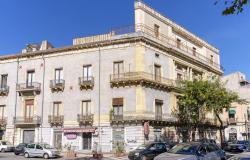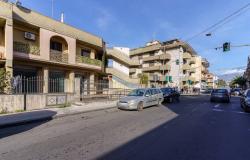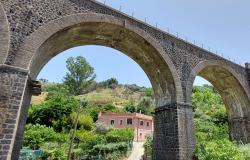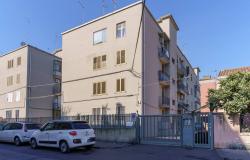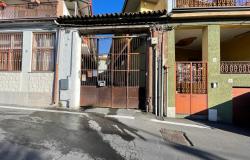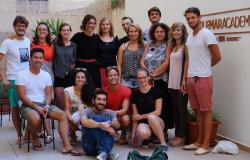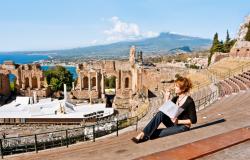
The arrests of leading Cosa Nostra figures in Sicily have created a power vacuum and there is a possibility of a mob turf war to fill this void, Italy's organized crime-fighting agency DNA warned on Tuesday.
''It is impossible to say with reasonable certainty what Cosa Nostra's strategy will be following the arrests which began with that of Bernardo Provenzano. In particular, whether it will follow his policy of lying low,'' the DNA said in its annual report.
Provenzano was arrested in April 2006 after 42 years on the run. He became the 'boss of bosses' of the Sicilian Mafia in January 1993 after the arrest of his fellow Corleone townsman Salvatore Riina.
Riina had been responsible for an assault against the State's authority which included the murders of anti-Mafia crusading magistrates Giovanni Falcone and Paolo Borsellino as well as strategic bombings in Rome and Florence.
Following Riina's arrest, Provenzano imposed a low-key profile on Cosa Nostra and exercised his authority away from the limelight for the next 13 years.
Fear of a power struggle within Cosa Nostra arose after Provenzano was arrested but instead a guarded truce set in between his two main successors, the older Palermo boss Salvatore Lo Piccolo and his younger Trapani rival Matteo Messina Denaro.
Because of his seniority, Lo Piccolo appeared to have the upper hand but he was arrested last November and police, with the help of several new mafia turncoats, moved quickly to dismantle his organization.
Given the power void this has created in Palermo, the DNA warned in its report that ''a resort to weapons cannot be ruled out''.
However, the DNA added that it was not only worried about bloodshed between gangsters but also the possibility that Cosa Nostra will strike out against those who take advantage of its current weakness to convince citizens to question the Mafia's authority.
Targets in this scenario would include politicians, law enforcement, union leaders, anti-racket activists and even priests.
